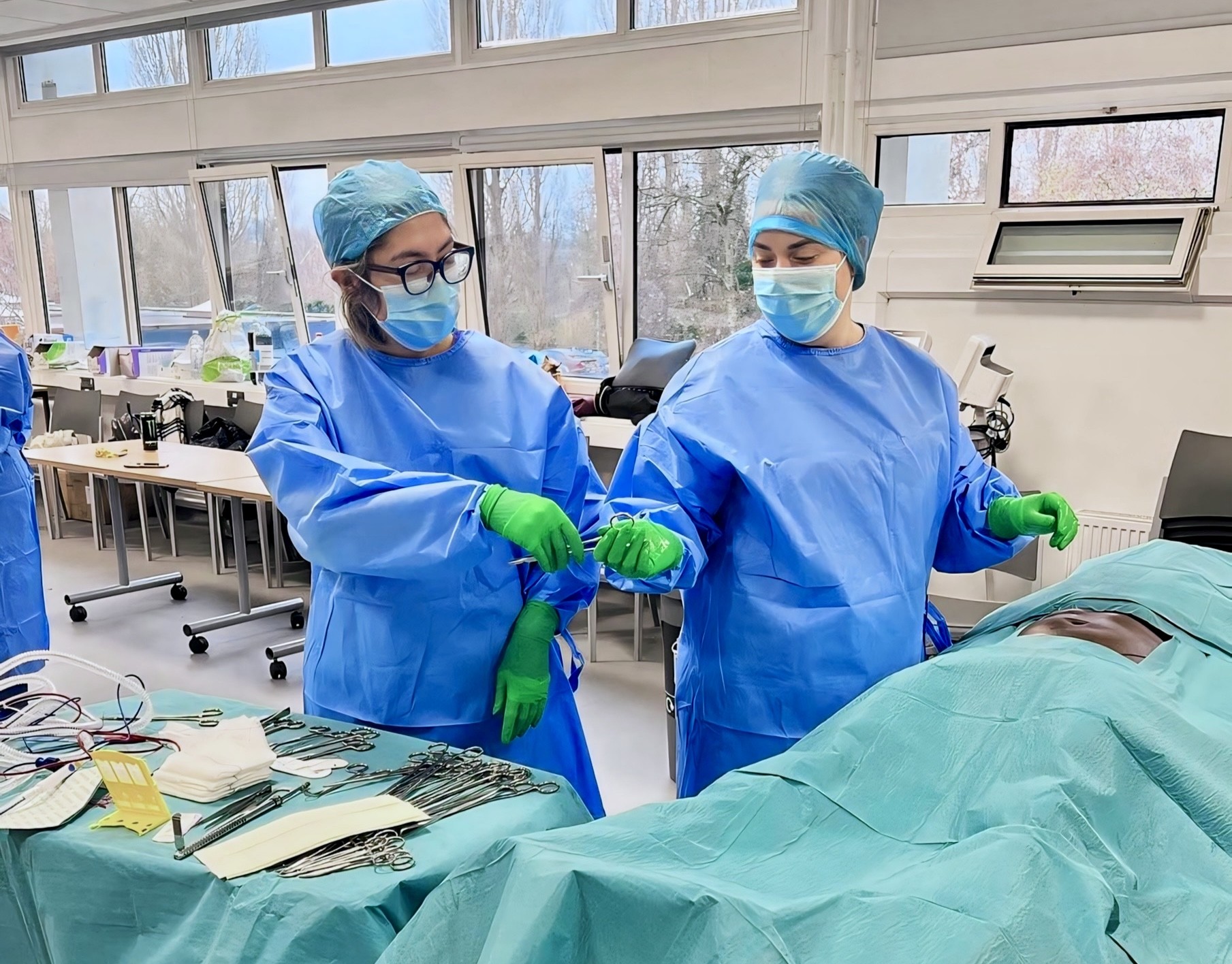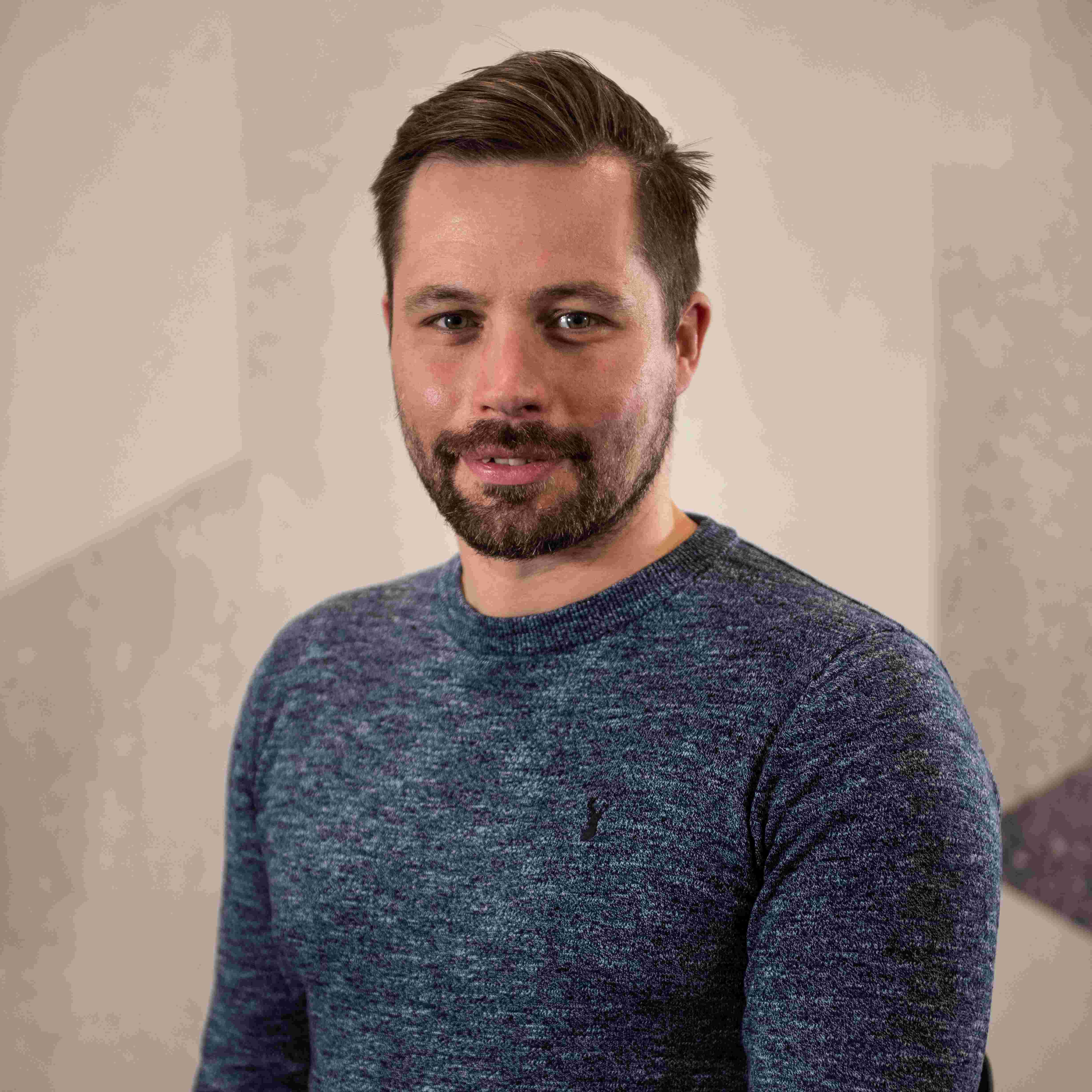ODP Lecturer shares insight into “hidden but incredibly rewarding” profession

Date: Thursday, September 12, 2024
“No two days are the same – and it’s an incredibly rewarding profession but not many people understand what we do and how we care for patients”.
Those are the words of Rob Evans, Operating Department Practice (ODP) Programme Leader at Wrexham University, as he shares a fascinating insight into the often hidden healthcare profession.

ODPs are the only healthcare professionals trained specifically to care for patients in hospital operating theatres – and play a crucial role in each phase of a person’s operation.
They provide high standards of patient care and support during each phase of a patient’s perioperative care.
Speaking ahead of a new cohort of ODP students starting their university studies, Rob says “ODPs have the most rewarding job that the majority of people have never heard of”.
He said: “The role of an ODP is not only an exciting and varied one – but it’s also absolutely crucial and you know that every shift that you work, you’re making a difference to people.
“You’re caring for people at their most vulnerable and making them better – from helping to get their cancer removed to getting people on their way to walking without pain – that could be a grandparent, who has been unable to play with their grandchildren but now will be able to. It really is the most rewarding job.
“Due to the unique environment of an operating theatre, you also get a rare insight into the engine room of a hospital – there really is no job like it.
“Here at Wrexham University, we are proud that our ODP degree programme allows our students to learn in a way which replicates the profession – and the content on the course relates directly to the real-life operating theatre environment.
“We’re also proud to have a fantastic partnership with our local health trust, Betsi Cadwaladr University Health Board, which means we are able to work closely with NHS colleagues and patients to ensure the course fulfils the needs of the health service and our local community.”
- There’s still time to apply for the next cohort of the course, you can find out more information about the programme here.
- Those interested in applying may be entitled to a full NHS bursary to fund the course, including tuition fees and non-repayable bursary for living costs, if you are eligible and agree to work in Wales for two years after registration. You can find out more about the NHS bursary here.